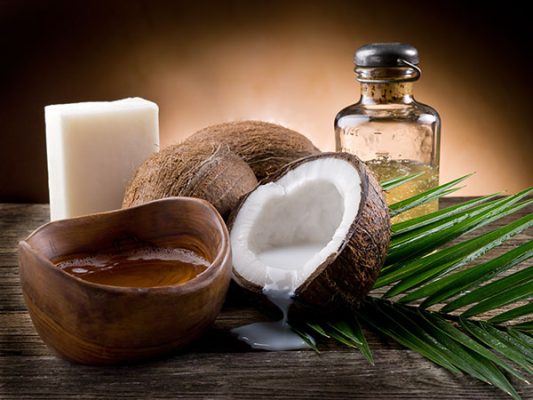Guest Post: All Passions Aren’t Created Equal

Occassionally I feature tips from other individuals who have helpful input about the mental side of fitness, training or life. All of the other posts on this site come from my brain, so I like to share different perspectives (especially so that you don’t get too tired of my ramblings).
Here’s a snippet of the post written by Kathryn Britton – It features thoughts from the President of the International Positive Psychology Association, Robert Vallerand.
What About Passion?

“First, What is Passion?
In a recent paper, Dr. Vallerand defined passion as, “a strong inclination towards a self-defining activity that people love, that they consider important, and in which they devote significant amounts of time and energy.”
Passions Aren’t Created Equal
Dr. Vallerand describes two types of passion, with differing impacts on the people who own them.
- Harmonious passion is freely chosen for the pleasure that comes from the activity, a concept very similar to intrinsic motivation. Harmonious passion is characterized by autonomy and flexible persistence. People pursue these activities because they want to, not because they want to please someone else or outshine someone else or avoid being outshone. This kind of passion is adjustable, leaving time for other life pursuits rather than filling the entire picture.
- Obsessive passion is connected to extrinsic motivations — wanting to please others or to maintain a certain status that is important to self-esteem. As the name implies, obsessive passions can become unmanageable, controlling a person’s life, filling up the whole picture. With obsessive passion, not being able to perform the activity, perhaps because of injury or obligations, can cause anxiety, guilt feelings, and loss of self-esteem.
Not surprisingly,Vallerand has found in numerous studies that harmonious passion is positively related to life satisfaction, while obsessive passion is not.”
To read the rest of the article, click HERE.

: Kathryn Britton, is a coach working with professionals to increase well-being, energy, and meaning in their work lives (Theano Coaching LLC). This article is from Positive Psychology News Daily, and you can check it out here.
I think it’s a very fine line. Of course it’s healthy to pursue our passions and we can only find out what we are really capable of if we continue to push ourselves and commit to practice. But, if that passion begins to control our life and our sense of worth, then it can surely be unhealthy. When we are teaching our kids and youth, we must be really cautious with how we encourage them.
What are your thoughts on harmonious passion vs obsessive passion?
Don’t forget to follow on Instagram, Twitter and Facebook for regular tips








